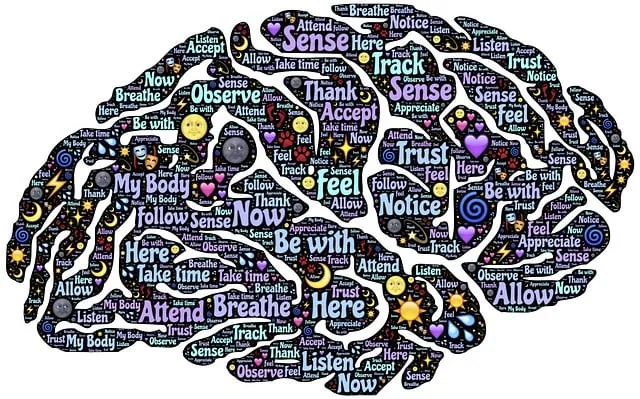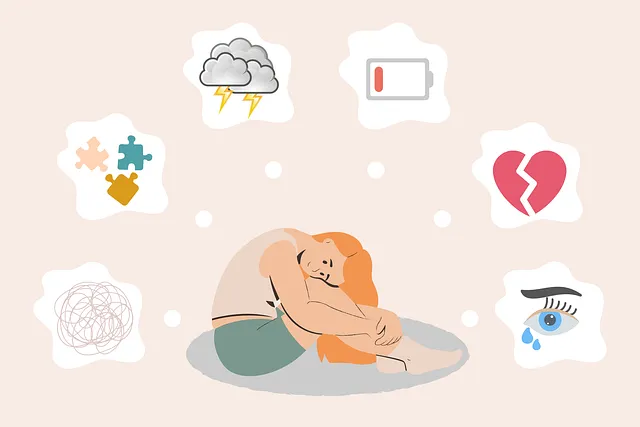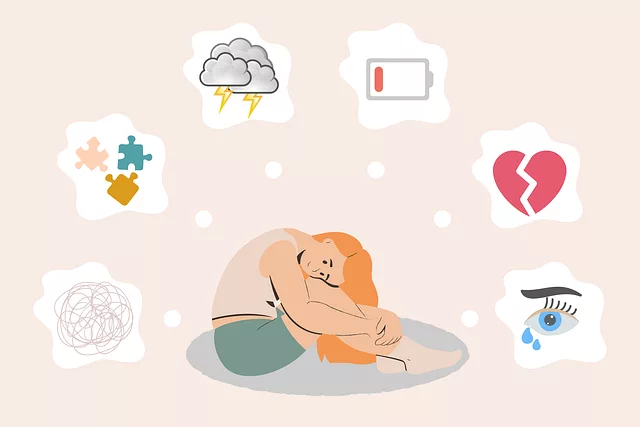Longmont Kaiser mental health classes prioritize cultural competency training to bridge diverse patient backgrounds and beliefs gaps, enhancing patient satisfaction and outcomes. Their innovative program includes self-awareness exercises, empathy-building strategies, emotional intelligence training, and pre/post-training assessments to improve patient-provider relationships and boost confidence in care delivery. Ongoing feedback from trainees and patients is crucial for refining strategies and fostering inclusive care environments within Longmont Kaiser mental health services.
Cultural competency training is a critical component of modern healthcare, ensuring providers can deliver quality care that respects and understands diverse patient backgrounds. This article explores this essential topic, focusing on its impact on patient outcomes and satisfaction. We delve into Longmont Kaiser’s innovative approach to mental health cultural competency training and outline key components for effective programs. Additionally, we discuss how to measure the success of these educational initiatives, emphasizing the value of such classes, including Longmont Kaiser’s mental health classes, in enhancing healthcare delivery.
- Understanding Cultural Competency in Healthcare: A Necessity in Modern Practice
- The Impact of Cultural Sensitivity on Patient Outcomes and Satisfaction
- Longmont Kaiser's Approach to Mental Health Cultural Competency Training
- Key Components of Effective Cultural Competency Programs for Healthcare Providers
- Measuring Success: Evaluating the Effectiveness of Cultural Competency Education
Understanding Cultural Competency in Healthcare: A Necessity in Modern Practice

In today’s diverse healthcare landscape, cultural competency is no longer a nice-to-have but an absolute necessity. Understanding and respecting different cultural backgrounds, beliefs, and values among patients is crucial for effective communication and quality care delivery. Longmont Kaiser mental health classes play a pivotal role in equipping healthcare providers with the skills to navigate these complexities. These classes often focus on building self-awareness exercises that help professionals recognize their own biases and preconceptions, fostering a more inclusive environment.
By participating in such training, healthcare workers gain empathy-building strategies to connect better with patients from various cultural contexts. This not only enhances patient satisfaction but also improves outcomes. Moreover, addressing cultural competency can aid in burnout prevention among mental health professionals by promoting a healthier work environment where they feel empowered and supported to provide culturally sensitive care.
The Impact of Cultural Sensitivity on Patient Outcomes and Satisfaction

In today’s diverse healthcare landscape, cultural sensitivity plays a pivotal role in shaping patient outcomes and experiences. Longmont Kaiser mental health classes have recognized this crucial aspect and incorporated it into their training programs. By fostering cultural competency among providers, these classes aim to bridge the gap between different backgrounds and beliefs. When healthcare professionals are attuned to cultural nuances, they can create a more inclusive environment for patients, leading to improved satisfaction rates. This sensitivity enables mental health experts to tailor their approach, ensuring that every patient receives personalized care that respects their unique cultural identity.
Moreover, this focus on cultural competency goes beyond patient-provider interactions. It empowers practitioners to address specific challenges faced by diverse communities, such as building resilience and self-esteem improvement through tailored interventions. The Longmont Kaiser classes may also incorporate social skills training to enhance communication, ensuring patients feel heard and understood. Ultimately, these efforts contribute to better health outcomes, as culturally sensitive care promotes trust, engagement, and adherence to treatment plans.
Longmont Kaiser's Approach to Mental Health Cultural Competency Training

Longmont Kaiser has taken a significant step forward in addressing mental health disparities within their community by implementing a comprehensive Cultural Competency Training program specifically tailored for mental health services. These classes are designed to equip healthcare providers with the knowledge and skills necessary to offer culturally sensitive care, ensuring that all patients, regardless of their background, receive effective treatment.
The training focuses on enhancing understanding of diverse cultural beliefs, values, and practices related to mental wellness. Through interactive workshops and real-life scenario role-plays, participants gain insights into how these factors can influence help-seeking behaviors and treatment outcomes. Longmont Kaiser’s approach emphasizes the importance of fostering an inclusive environment where every individual feels heard, respected, and supported during their journey towards mental health awareness and recovery. This initiative aligns perfectly with the broader goals of Community Outreach Program Implementation, aiming to bridge gaps in access to quality mental health services within diverse communities.
Key Components of Effective Cultural Competency Programs for Healthcare Providers

Effective cultural competency programs for healthcare providers in Longmont Kaiser mental health classes should incorporate several key components to ensure comprehensive training. First and foremost, these programs must emphasize mental health awareness and break down barriers associated with diverse cultural backgrounds. By facilitating open dialogues and sharing of experiences, providers gain a deeper understanding of the unique challenges and needs of their patients.
Additionally, integrating emotional intelligence into the curriculum is vital. This involves teaching providers techniques to recognize and manage their own emotions while cultivating empathy towards patients from different cultures. Such skills not only enhance patient-provider relationships but also confidence boosting interactions, leading to improved mental health outcomes for all involved.
Measuring Success: Evaluating the Effectiveness of Cultural Competency Education

Evaluating the success and effectiveness of cultural competency training is a crucial step in ensuring that mental health services are inclusive and beneficial to all communities. At Longmont Kaiser, mental health classes often incorporate innovative methods to measure progress. This includes pre-and post-training assessments designed to gauge participants’ self-awareness exercises and improvements in areas like self-esteem. By comparing these results, the program’s effectiveness can be quantified, highlighting areas of success and identifying potential gaps in training.
Moreover, ongoing feedback from trainees and their patients is invaluable. Observing how cultural sensitivity in mental healthcare practice translates into real-world interactions helps refine educational strategies. This feedback loop ensures that the Longmont Kaiser classes remain responsive to the evolving needs of healthcare providers, ultimately enhancing patient outcomes and fostering more inclusive care environments.
Cultural competency training in healthcare, as demonstrated by Longmont Kaiser’s mental health classes, is no longer a choice but an imperative. The benefits are clear: improved patient outcomes and increased satisfaction, reflecting a more inclusive and effective healthcare system. Effective programs, like those at Longmont Kaiser, integrate key components such as awareness of biases, knowledge of diverse cultures, communication skills, and community engagement. Evaluating these programs through targeted measurements ensures their success in fostering cultural sensitivity among healthcare providers, ultimately enhancing patient care.






